Click here to read the beginning
The problem in Cameroon has never been the lack of institutions, policies and laws on youth, but rather the absence of political willingness to effectively monitor and implement these laws and policies.
If the letter of the law is to be followed, Cameroon has one of the strongest laws and policies on youth, which have been adopted by many African states as the base of their own policies.
Paradoxically, there have been countries which have use Cameroon’s youth legislation as an inspiration, but have eventually been more effective in adopting and implementing progressive youth policies than Cameroon.
Young people in Cameroon constitute over 70 percent of the population, yet they are the most economically marginalized. In recent years, the number of young people aged between 15 and 35 has increased dramatically in Cameroon. Even though the number of policies and institutions tasked with fostering and ensuring the implementation of youth programmes has increased, their actual effectiveness in the field remains highly questionable to those outside of Cameroon’s political elite.
The government in place since 1982 has perceived youth as an unprosperous group, fit only to be manipulated and used as political leverage. The lack of insight within the leadership apparatus, coupled with rising poverty and unemployment has helped develop many elitist and ethnically-oriented youth groups and associations.
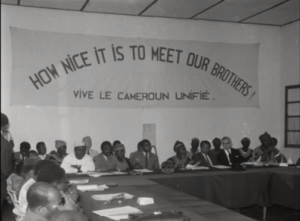
Image source: Ngwane George
The plight of Anglophone youths in Nation Building
According to a World Bank report on Cameroon published in 2016, unemployment primarily affects the youth, defined as people aged 15-34, where the jobless rate is an estimated 15.5 per cent.
The same report also finds that young people are worried about the economic situation in the country and the impact it has on future opportunities.
Since 2017 government forces have been fighting a multitude of separatist factions claiming the independence of anglophone regions from a majority francophone Cameroon.
The fighting has forced about 40 000 people to seek refuge in Nigeria and over 450 000 have been internally displaced. This situation accounts for the 2018 presidential election turnout of just 5.36% and 15.94% of voters in the Northwest and Southwest Regions respectively.
Under internal and external pressure, Cameroon’s president organised a national dialogue in October 2019 aimed at finding solutions to the anglophone crisis. Among other measures, the dialogue recommended greater autonomy for the anglophone regions.
Two months later a law was passed in Parliament enacting the special status of the Northwest and Southwest provinces and extending the scope of decentralisation.
Cameroon’s leading opposition political parties remain ambivalent regarding their
participation in the polls. They legitimately criticise the electoral law and the government’s control over the elections’ governing bodies. However, they know that boycotting the polls can affect them negatively.
Since the re-introduction of multiparty politics, only seven opposition parties out of over 254 registered political parties have been represented in the 180-seat National Assembly.
A look towards the future
A new political map has emerged in the Southwest Region following the twin legislative and municipal elections of February 9 in Cameroon. The region with 31 local councils which were hitherto managed by the ruling Cameroon People’s Democratic Movement (CPDM), 27 councils and the Social Democratic Front (SDF), have all become an exclusive of the CPDM.
The opposition SDF was flushed out in Tiko, Kumba I, Kumba II and Kumba III councils which it controlled from 2013.
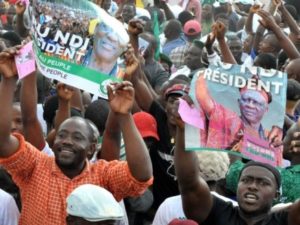
Image source: Dibussi.com
The Cameroon’s Peoples Democratic Movement grabbed all the 31 councils in an election that was highly boycotted in the Northwest and Southwest Regions, where a bloody socio-political conflict between the ‘Ambazonia’ separatist fighters and government forces have been flexing muscles since 2016.
The Social Democratic Front contested in nine council areas but seemingly came out as the highest loser even though party officials have condemned the polls, describing it as incredible.
This platform gathered the following excerpts from Prince Ekosso who has a look towards the future: “I am suggesting to all Cameroonians who believe in the vision of federalism for Cameroon, which is what the USDP Blue Print carries, to rally behind USDP. Strengthen the federalist concept at home and abroad through lobbying with Cameroonians at home and abroad.”
“Therefore, as a firm believer and an advocate of a new type of governance system under a Federal System what’s the way forward? He added: “The USDP stands on the platform of federalism. Decentralization is not a form of the state… in fact, decentralization is a form of distraction of the realities that people face on the ground,” adding that with federalism it will make “you and I to feel that Cameroon belong to all of us.”
Prince Ekosso said with the current form of the state, “decision is being taken by one individual- and if he dies it means that the country dies, so we one to create a situation that even if the president dies the country can still continue to function.”
“The Revision of both the electoral code and the Constitution to reflect a general consensus for the return to federalism; the President should make room for a transitional government which is not influenced by the corrupt and distrusted members of his current cabinet.”
This restoration of authoritarianism is closely associated in the Cameroonian mind with continued poverty and rising inequality. If a Cameroonian version of a coup came with a promise to sweep the house clean, would it be any surprise if it were welcomed?
The only way to avoid this is to allow Cameroonians to hope again, and that means creating a more democratic climate, in which people’s voices are heard, and their choices are respected. With elections coming up on the horizon, the challenge and the stakes, are clear.
Excerpts from Precious Core Blog
By Elume Raymond (Guest Writer)





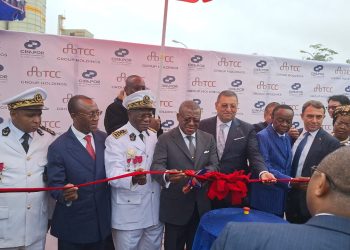
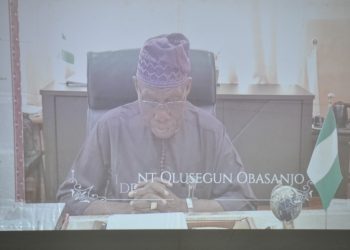
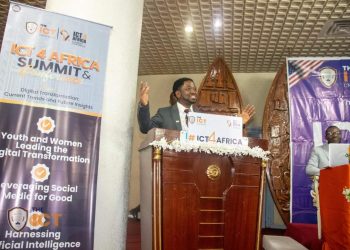

Like!! I blog frequently and I really thank you for your content. The article has truly peaked my interest.
I am regular reader, how are you everybody? This paragraph posted
at this web page is truly good.
Also visit my blog post … CBD for sale
strong thesis help with writing a narrative essay essay writing on global warming
romans facts homework help doing case study research essay questions history
Howdy extremely cool site!! Man .. Great ..
infant books ought to have however many pictures as could be expected under the circumstances since children like to see pictures.